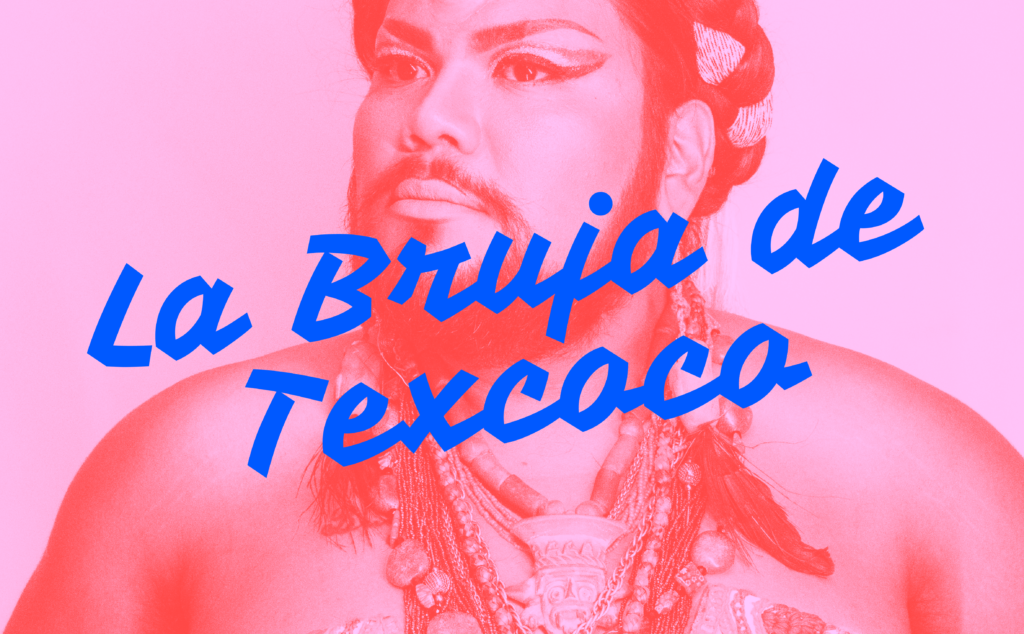
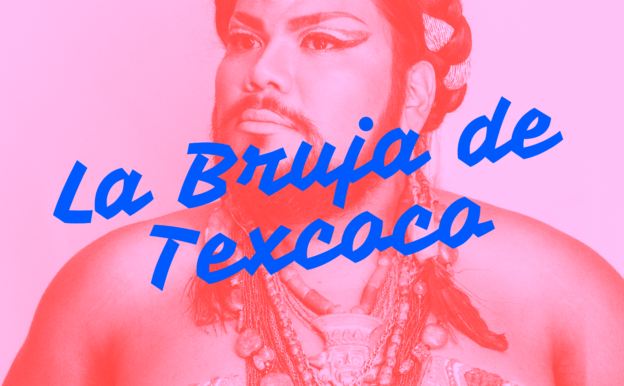
Clandestino Podcard
La Bruja de Texcoco



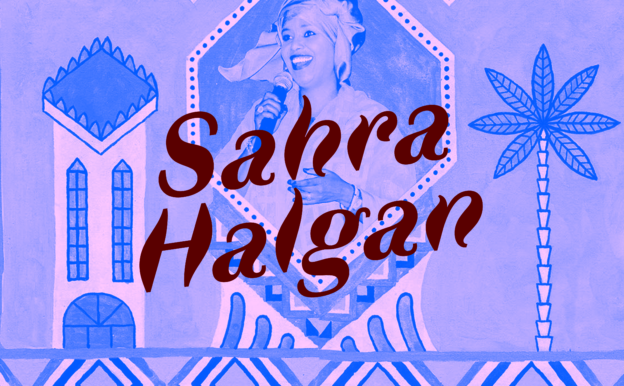
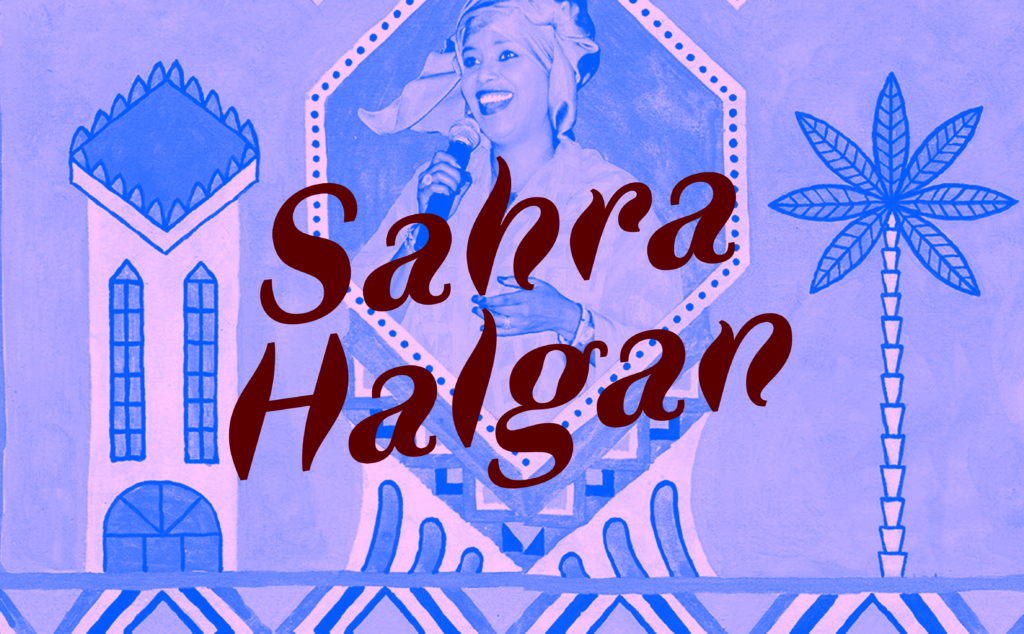
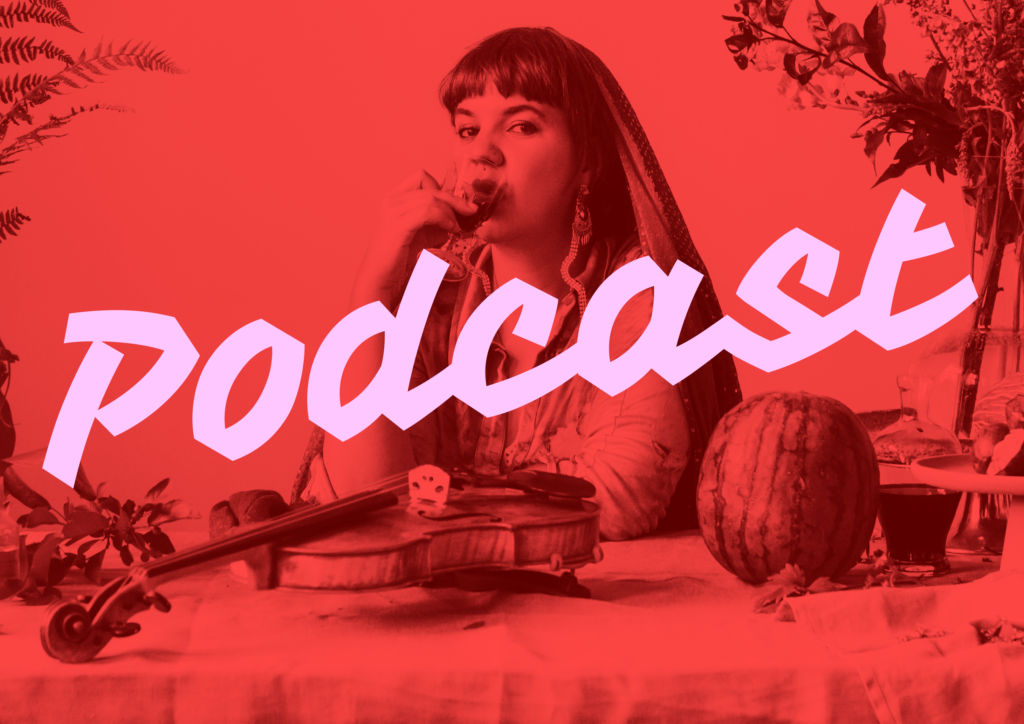
In the first episode ever of the Clandestino Podcast, we meet musician Sara Parkman, who talks about her work as co-curator for this year’s edition of Clandestino Festival. Sara gives us a brief introduction to the artists she selected for Hagakyrkan on June 7, when Clandestino arranges a “musical novella”, instead of the regular festival program. She also talks about her own experiences this spring, characterized by quarantine and canceled concerts. This podcast is in Swedish.
Musik i avsnittet
Sara Parkman: Ing-Maries vals
Ebo Krdum & Genuine Mezziga: Back in the Days
Shida Shahabi: Futō
Maria W Horn: Epistasis
Sara Parkman: Vreden
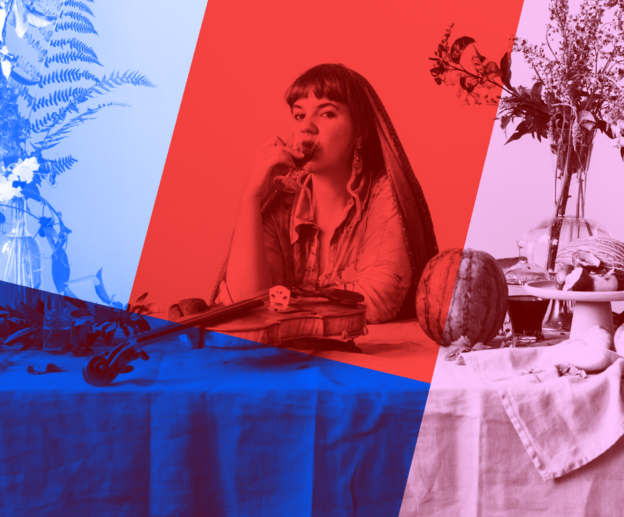
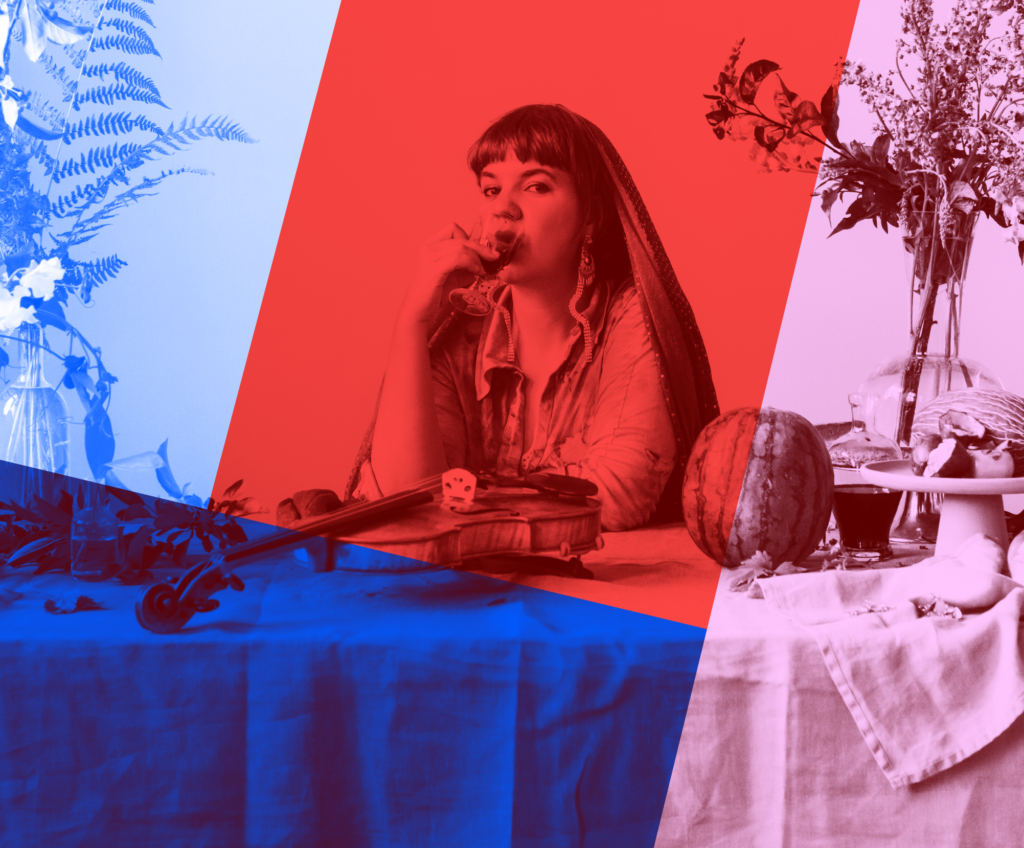
Instead of four packed festival evenings, Clandestino Festival will be minimized into only consisting of the planned closing concert at Hagakyrkan in Gothenburg on June 7. Participants are this year’s co-curator Sara Parkman as well as Maria W Horn, Ebo Krdum, Shida Shahabi and Linnea Olsson. The program also presents readings by Johannes Anyuru, KG Hammar and Channa Riedel.
If you have already purchased festival passes at early bird prices, you have the following alternatives:
Regardless of which option you choose, we must regulate the number of people who can access the program on June 7. If circumstances allow more than 50 people, we make sure to create space with full respect for prevailing laws and regulations. We will therefore need confirmation if you plan to attend by email (biljett@clandestinofestival.org). Remaining tickets, if there are any, for the concert program in Hagakyrkan will be sold as one-day tickets here.

She grew up in a refugee camp in the desert of Algeria, along with thousands of others forced to leave their homes in Western Sahara. Inspired by her grandmother, Aziza Brahim began to sing and play music as a little girl. Eventually, in various groups that toured internationally, refugee life would become a recurring theme of Aziza Brahim’s beautifully melancholic music. She sings in Hassaniya Arabic but also in Spanish about the injustices that people in the camps experience–not just the Western Saharan people but all the millions of refugees on the planet. As an 11-year-old, she was given the opportunity to study in Cuba, and was infleunced by rhythms and melodies that can be discerned in her music to this day. In recent years, Aziza Brahim’s perspective has become more international. She lives in Spain now, and collaborates with guitarist Amparo Sánchez on Sahari, an album where her own traditions are mixed with electronic global sounds.
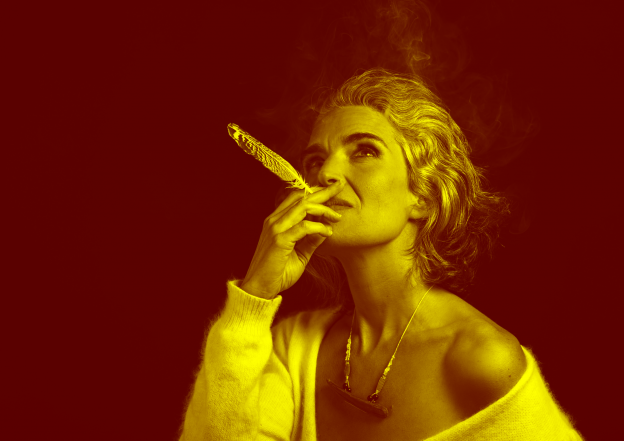
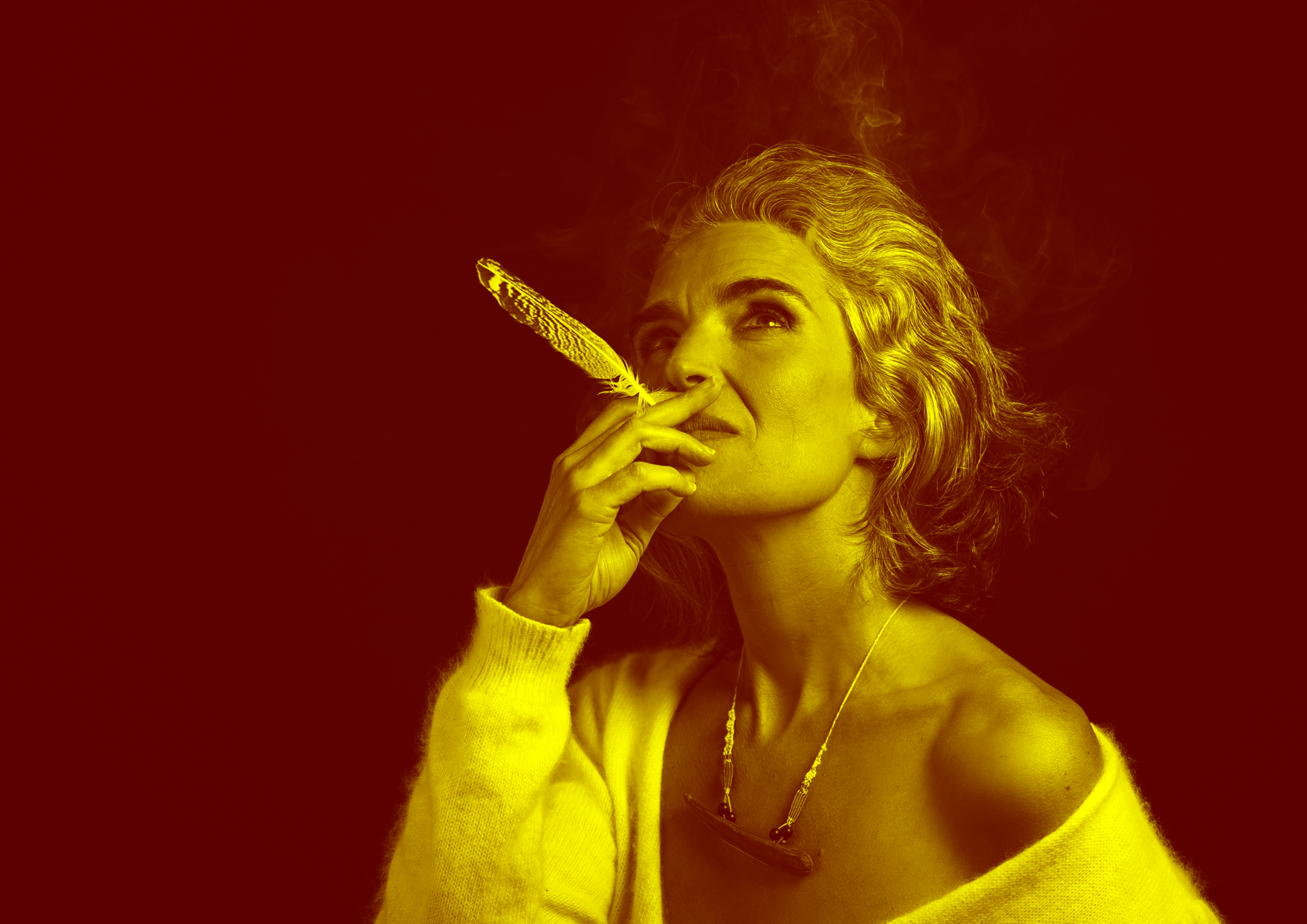
She has been praised by greats like Caetano Veloso, and some describe her voice as a female version of Leonard Cohen or Tom Waits. Influences from French chanson, bossanova and Greek folk music can be heard in Lula Penas music, but Portuguese fado is always there at the core: Songs of missing and longing, once sung by sailors far away on the outskirts of the Portuguese empire. Fado is about being in motion, and as such has always been a style in change. In Lula Pena’s delicate interpretations, it blends with the words of medieval troubadours, surrealistic poetry and the soundtrack from The Twilight Zone. On the latest album Archivo Pittoresco, she sets music to poems by Manos Hadjidakis, Violeta Parra and others. With her deep voice and unique guitar playing (drumming on the box as much as strumming the strings sometimes), Lula Pena creates a style of her own, both low-key and intense. She has called it musical acupuncture: It is not so much about telling a story as it is about touching certain sensitive points in the audience.
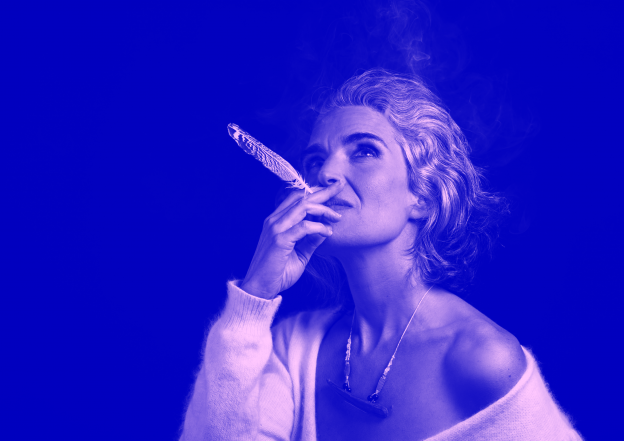
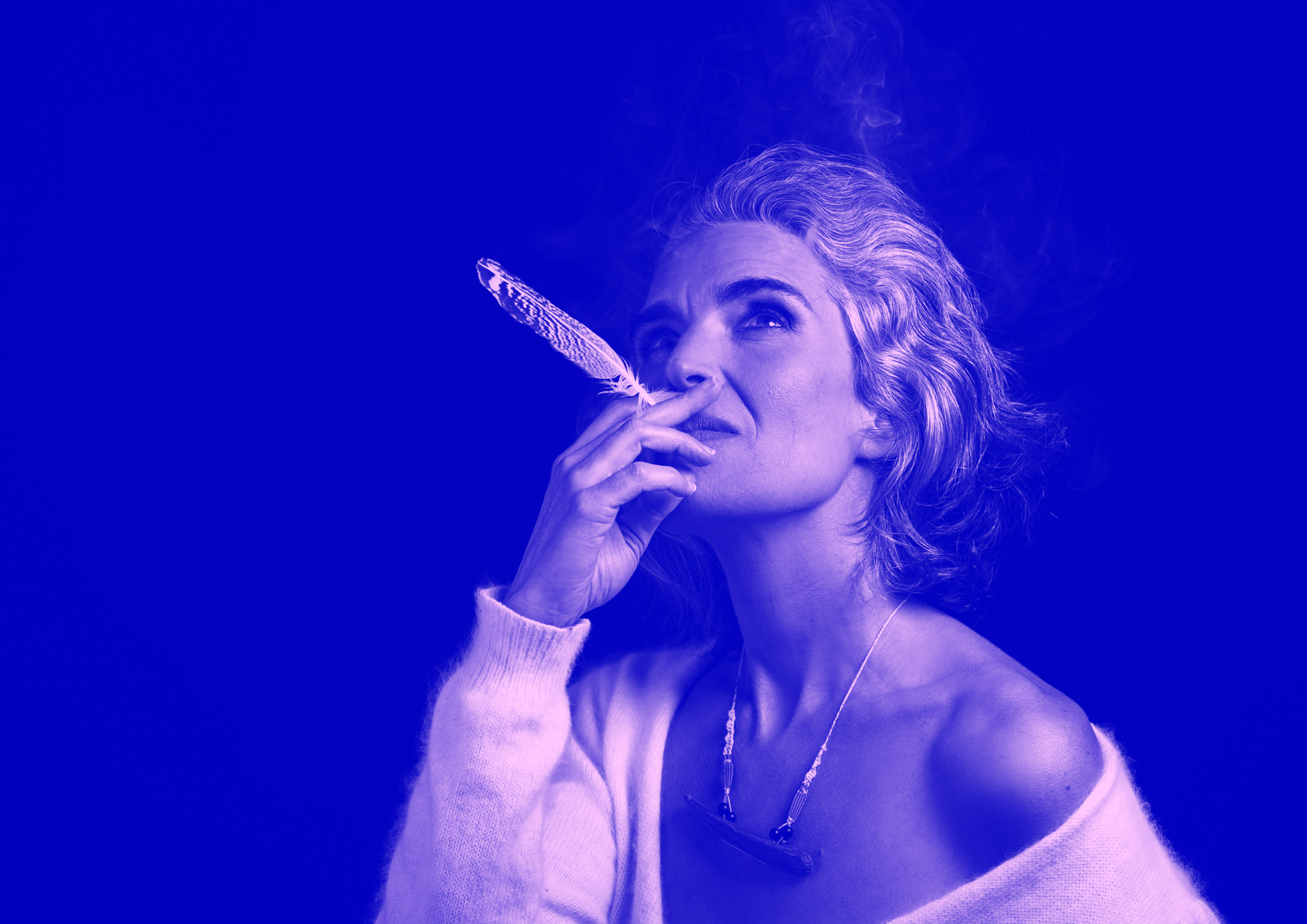
She has been praised by greats like Caetano Veloso, and some describe her voice as a female version of Leonard Cohen or Tom Waits. Influences from French chanson, bossanova and Greek folk music can be heard in Lula Penas music, but Portuguese fado is always there at the core: Songs of missing and longing, once sung by sailors far away on the outskirts of the Portuguese empire. Fado is about being in motion, and as such has always been a style in change. In Lula Pena’s delicate interpretations, it blends with the words of medieval troubadours, surrealistic poetry and the soundtrack from The Twilight Zone. On the latest album Archivo Pittoresco, she sets music to poems by Manos Hadjidakis, Violeta Parra and others. With her deep voice and unique guitar playing (drumming on the box as much as strumming the strings sometimes), Lula Pena creates a style of her own, both low-key and intense. She has called it musical acupuncture: It is not so much about telling a story as it is about touching certain sensitive points in the audience.
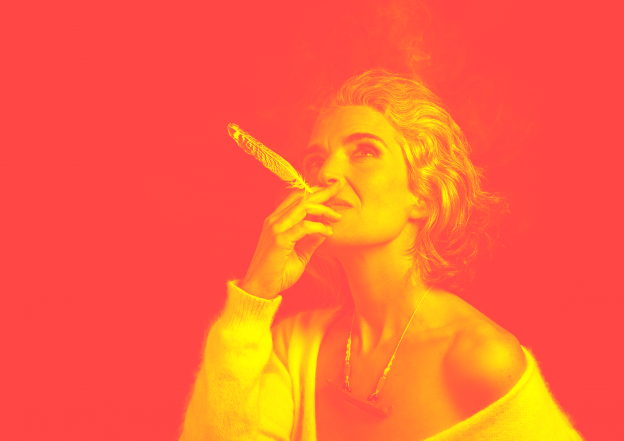
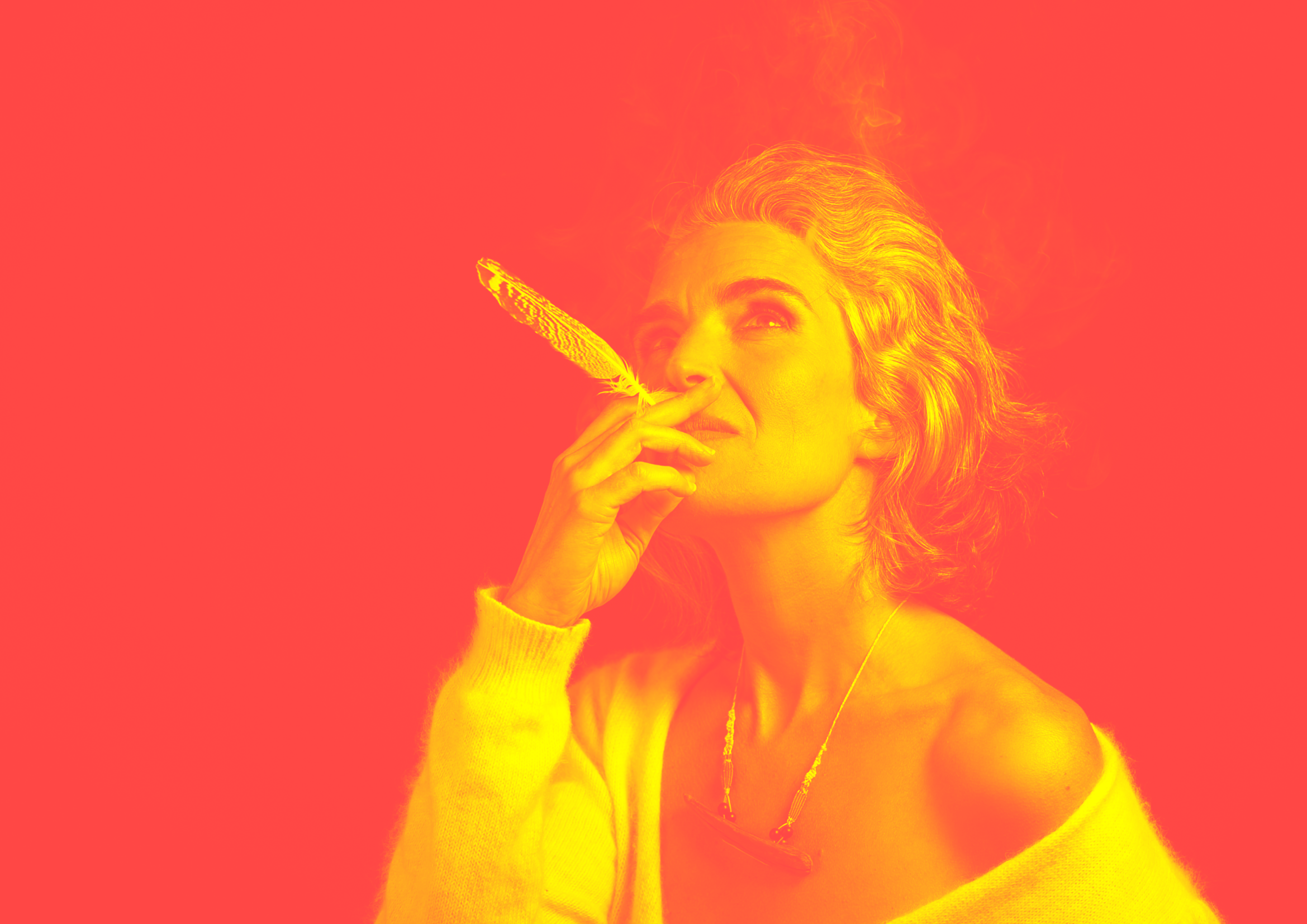
She has been praised by greats like Caetano Veloso, and some describe her voice as a female version of Leonard Cohen or Tom Waits. Influences from French chanson, bossanova and Greek folk music can be heard in Lula Penas music, but Portuguese fado is always there at the core: Songs of missing and longing, once sung by sailors far away on the outskirts of the Portuguese empire. Fado is about being in motion, and as such has always been a style in change. In Lula Pena’s delicate interpretations, it blends with the words of medieval troubadours, surrealistic poetry and the soundtrack from The Twilight Zone. On the latest album Archivo Pittoresco, she sets music to poems by Manos Hadjidakis, Violeta Parra and others. With her deep voice and unique guitar playing (drumming on the box as much as strumming the strings sometimes), Lula Pena creates a style of her own, both low-key and intense. She has called it musical acupuncture: It is not so much about telling a story as it is about touching certain sensitive points in the audience.